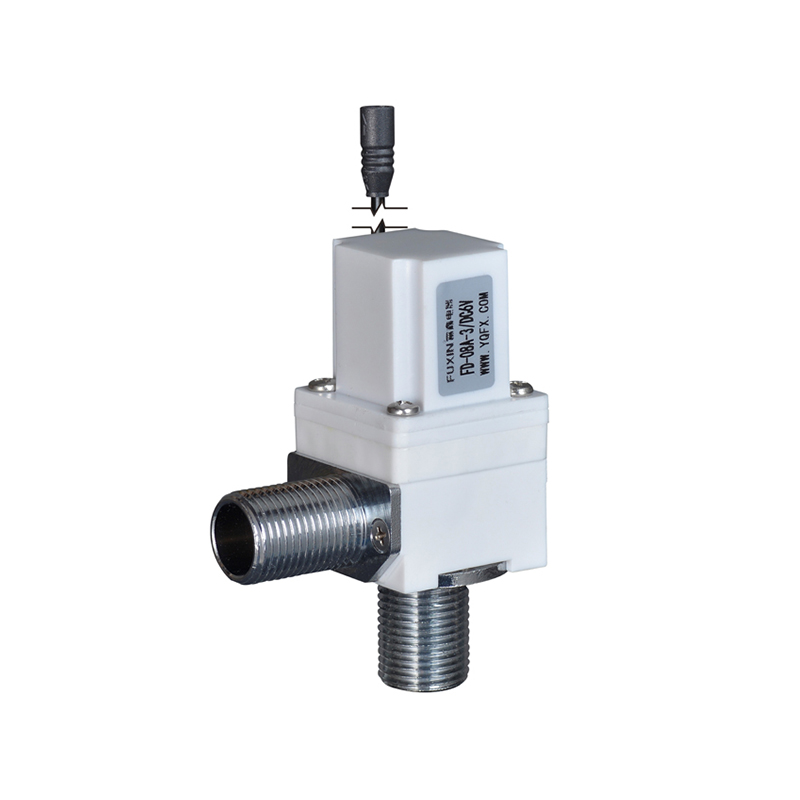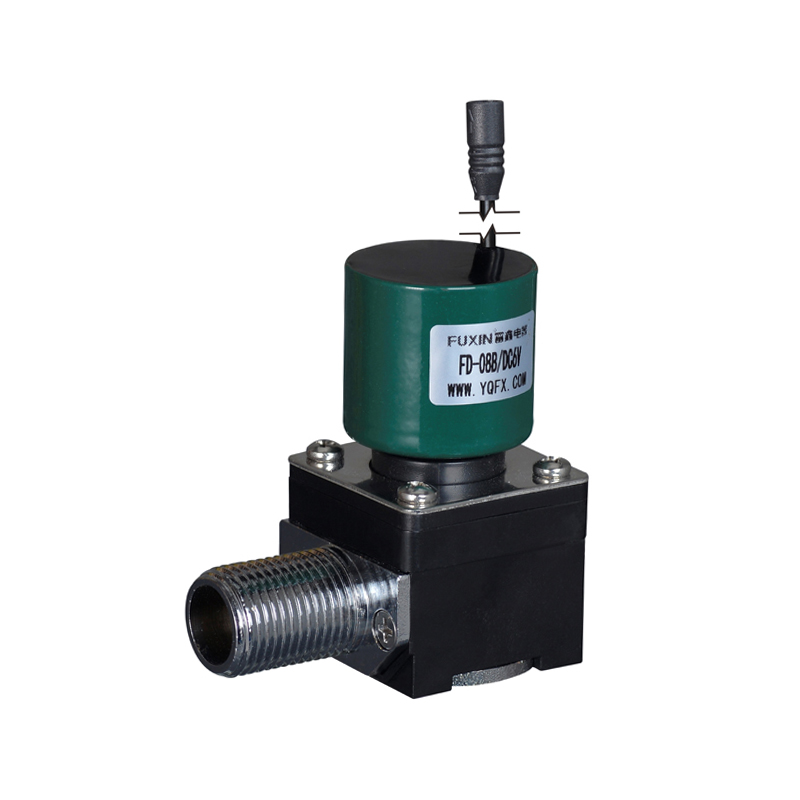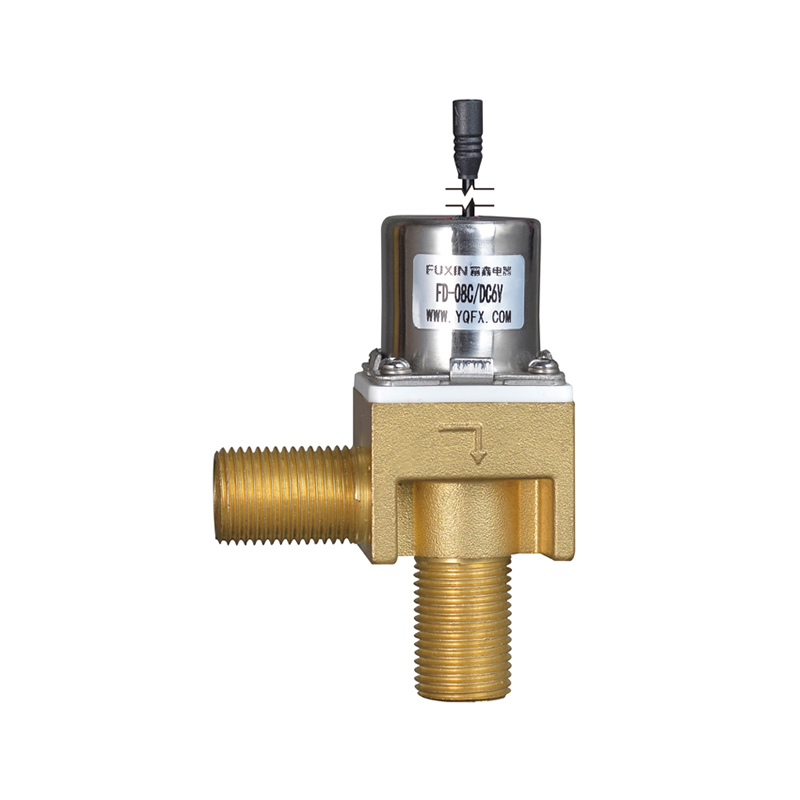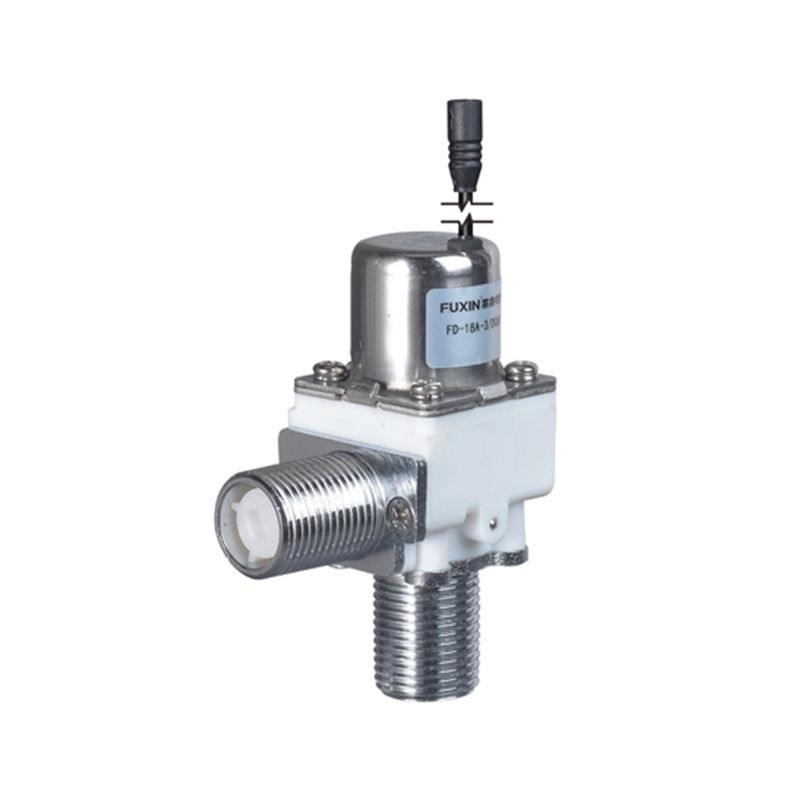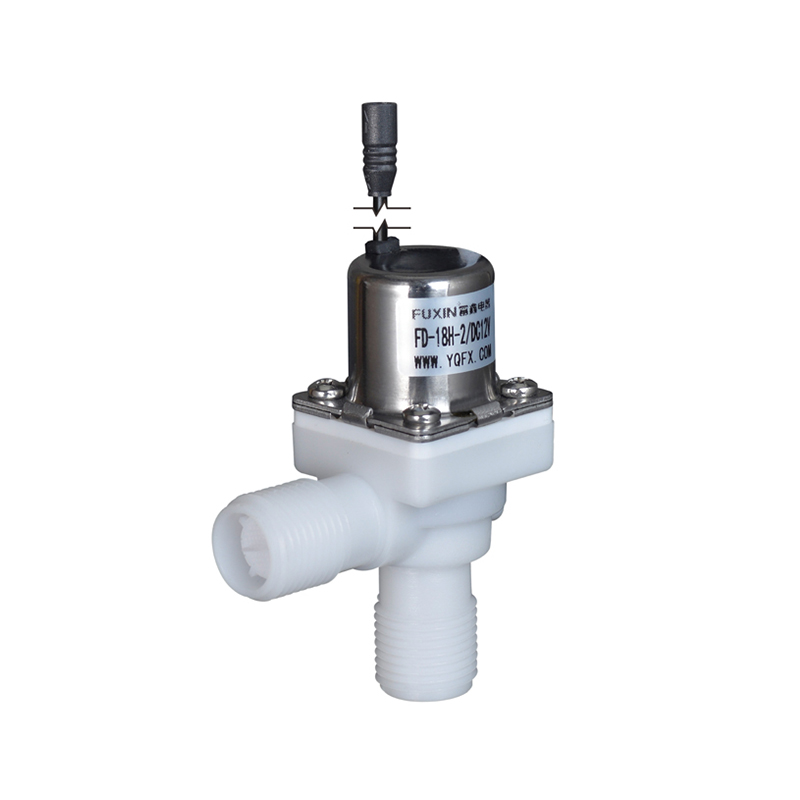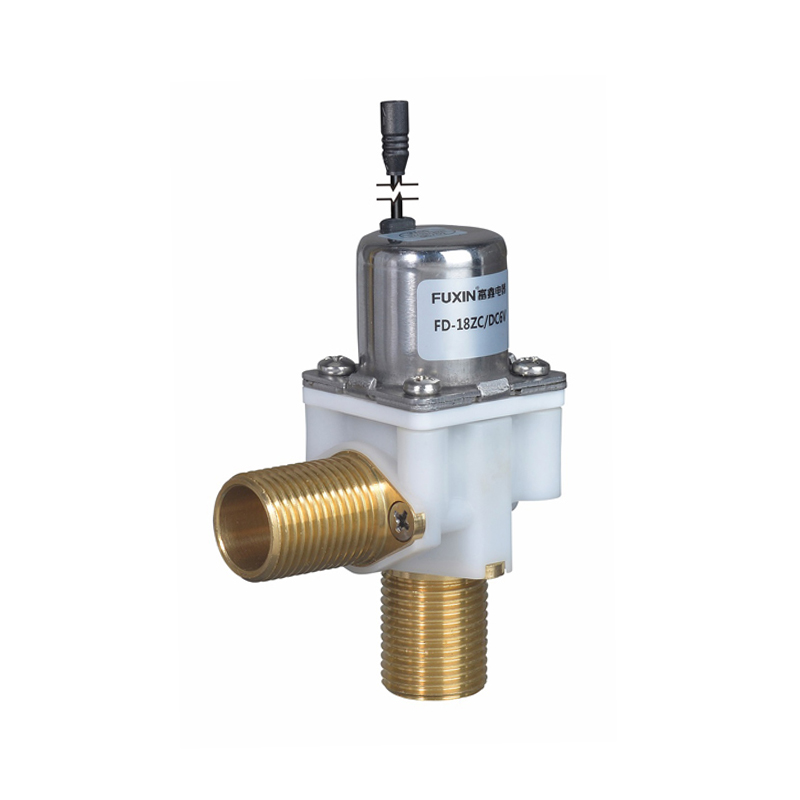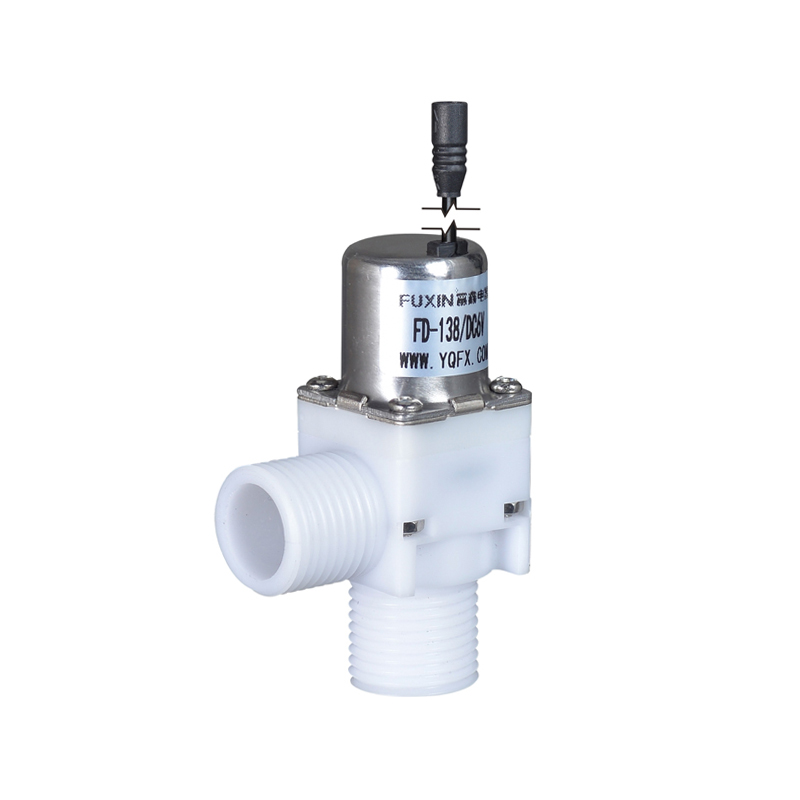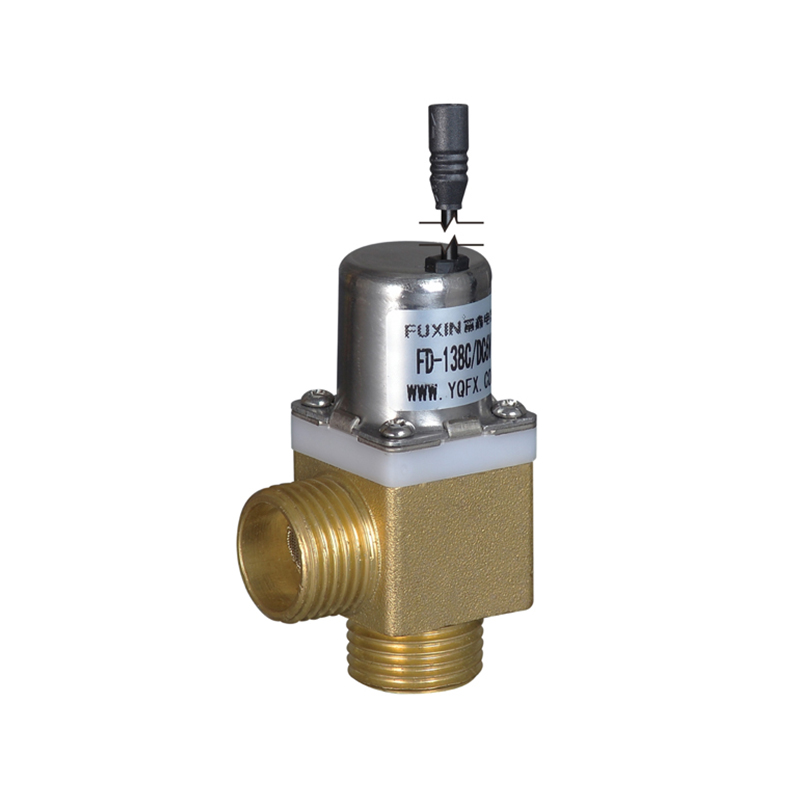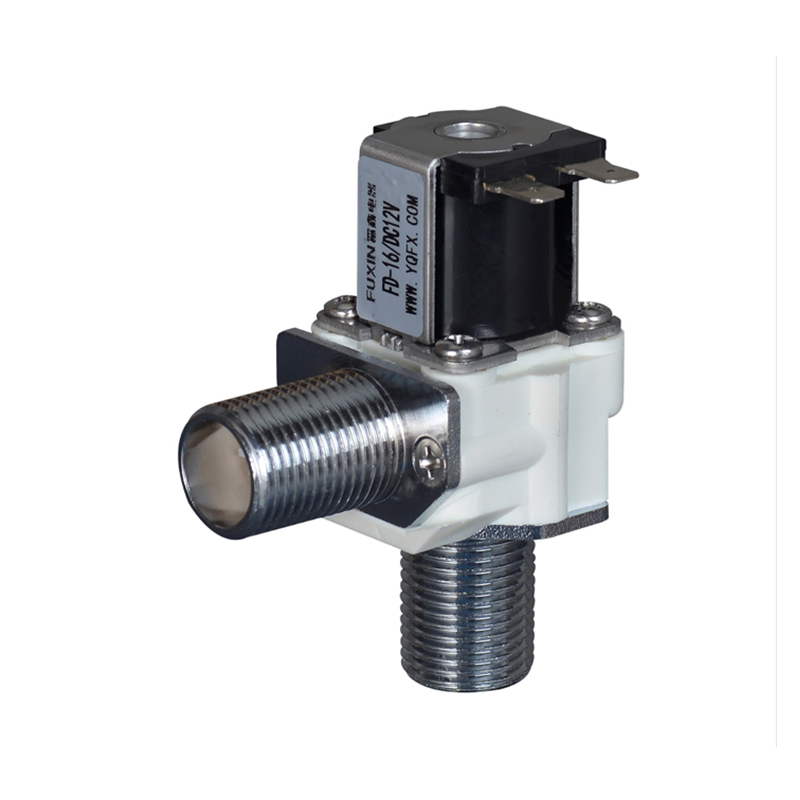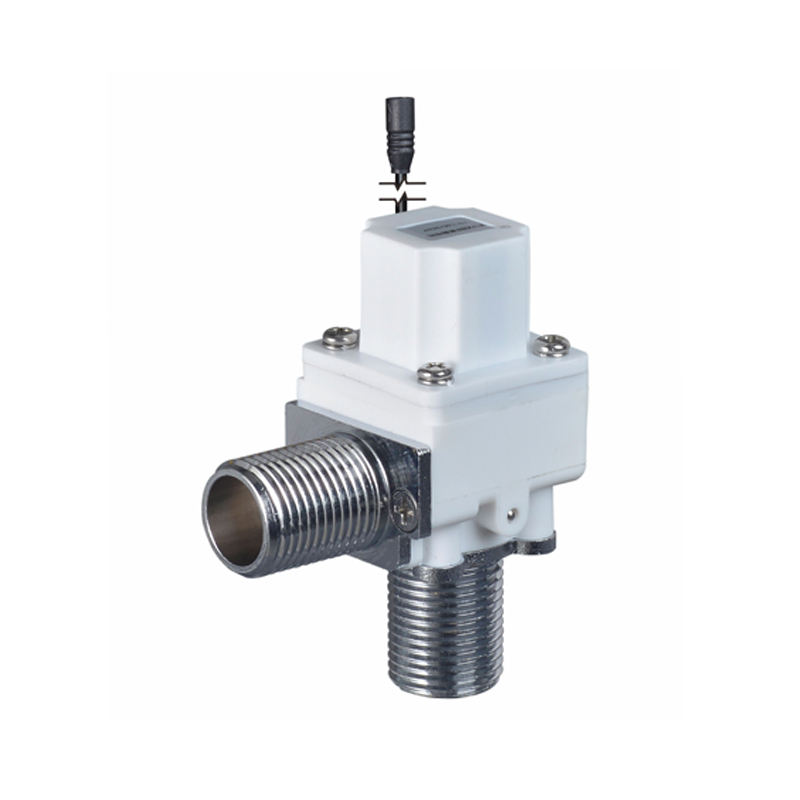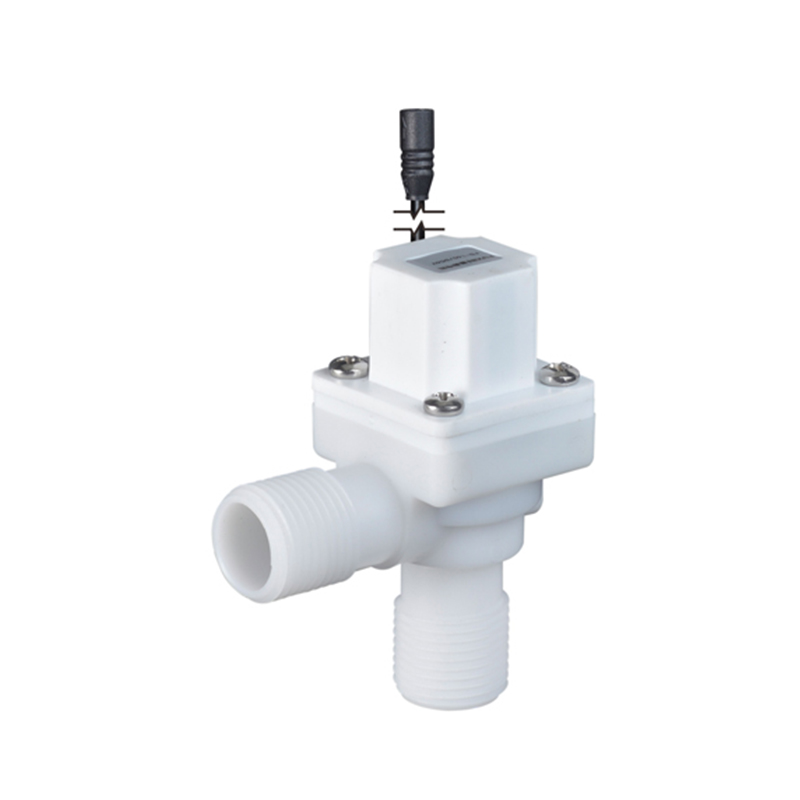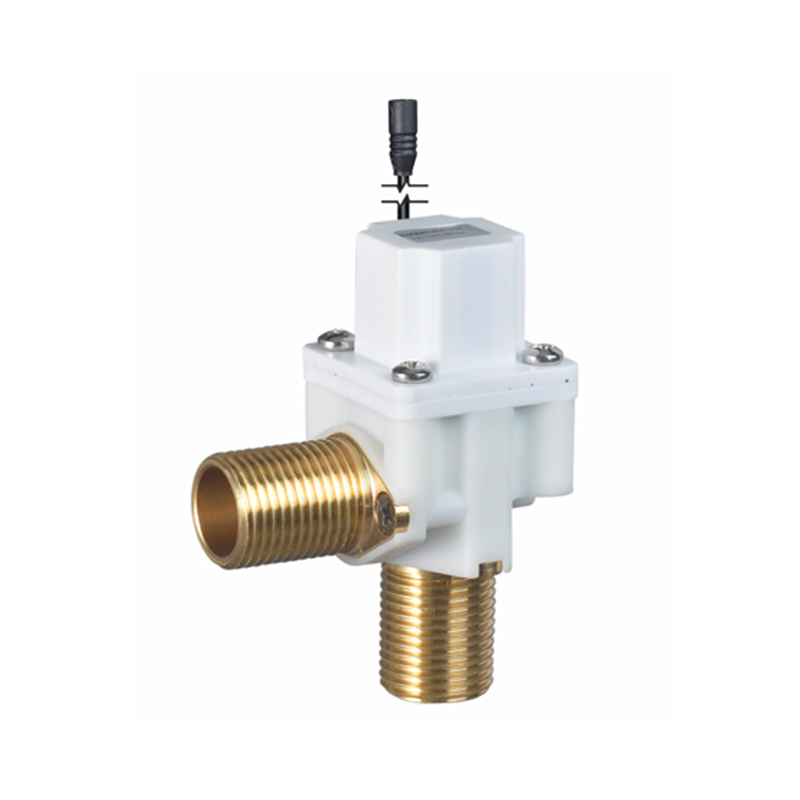In today’s era of sustainable technology, energy efficiency is no longer optional—it’s a necessity. Whether it’s a smart irrigation setup, a touchless faucet in a public restroom, or a home automation system, reducing power consumption is a top priority. That’s where the faucet solenoid valve stands out as an essential component. Especially when designed with ultra-low power pulse technology, a faucet solenoid valve offers a balance between performance, durability, and energy conservation.
The traditional faucet solenoid valve relies on a continuous electric current to remain in operation. These conventional valves typically consume around 5W of power. While that might not seem like much at a glance, the numbers quickly add up, especially when hundreds or thousands of units are installed in large-scale systems like commercial buildings or smart farms.
However, newer pulse-operated faucet solenoid valves have drastically reduced power requirements—some models require just 0.5 to 1W. This small shift to significant energy savings over time, making these valves an attractive solution for anyone aiming to cut operating costs without compromising on reliability.
One of the practical advantages of a low-power faucet solenoid valve is its compatibility with battery-powered systems. With minimal energy demand, these valves can operate seamlessly for 1 to 3 years on a single set of batteries. This greatly reduces the need for frequent maintenance or replacement, an important factor in remote or difficult-to-access installations.
Consider outdoor applications where electrical outlets are unavailable. A battery-powered faucet solenoid valve becomes an ideal choice, especially when integrated into systems like smart irrigation or solar-powered water distribution units. The low-voltage support (DC 12V or 24V) enhances safety while ensuring stable operation. These valves are inherently safe for residential, agricultural, or industrial use because the low voltage reduces the risk of electrical hazards.
In solar-powered systems, the efficiency of a faucet solenoid valve is even more impactful. Since solar panels produce limited power, especially during cloudy weather or in shaded areas, every watt counts. A low-power faucet solenoid valve ensures that your system remains functional even when the energy supply is restricted. It not only keeps the water flowing efficiently but also extends the lifespan of the entire setup by avoiding unnecessary power strain.
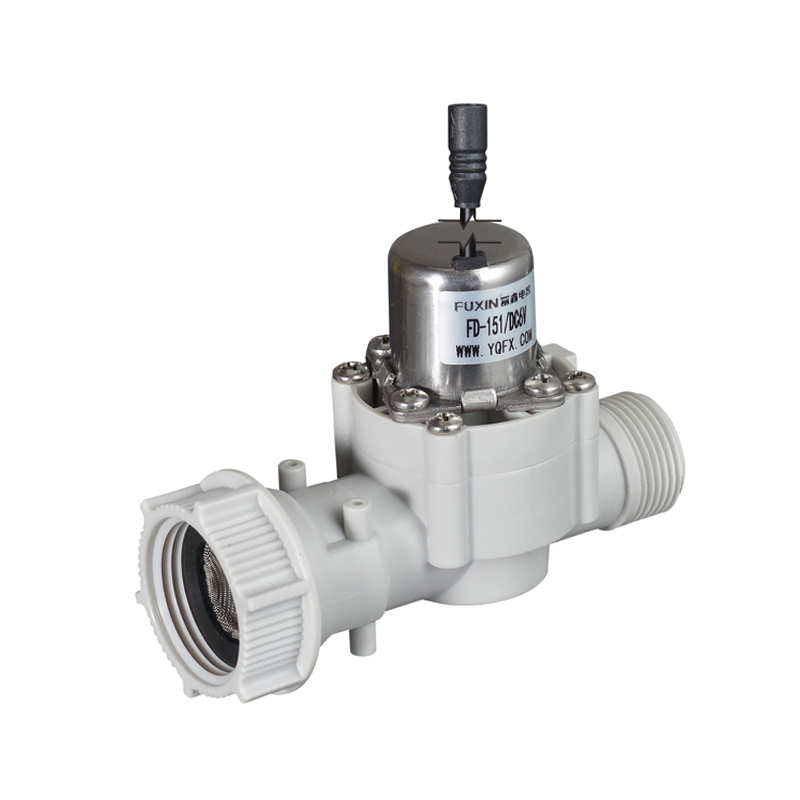
The compact nature of the faucet solenoid valve makes it suitable for a wide range of installations. From commercial kitchens and laboratories to automatic public restroom faucets, this valve fits easily into tight spaces while offering reliable performance. Its ability to operate on minimal power opens up new possibilities for designers and engineers looking to build smarter, leaner, and more eco-conscious systems.
Durability is another important factor. A well-designed faucet solenoid valve using pulse operation experiences less heat generation, which contributes to a longer operational life. With reduced internal stress on the components, the valve maintains consistent flow control even after thousands of cycles.
Integrating a low-power faucet solenoid valve into your system is not only about saving energy—it’s about creating a more efficient, safer, and environmentally responsible solution. Whether you’re upgrading an existing setup or building a new application from scratch, this type of valve gives you the flexibility and peace of mind you need.
Furthermore, a faucet solenoid valve with an energy-saving design offers a sustainable option for smart home builders. It supports wireless control modules, smart timers, and IoT integrations—all without overloading the power supply. This makes it ideal for tech-savvy homeowners or facility managers who value both automation and sustainability.
Maintenance is also simplified. Since the faucet solenoid valve consumes less power, fewer components are at risk of overheating or early failure. That translates into fewer service calls and lower long-term ownership costs. Over time, these savings add up, especially when deployed in large facilities with numerous water outlets.
In summary, choosing a low-power faucet solenoid valve is a practical step toward better energy management. Its compatibility with DC 12V/24V systems, long battery life, and suitability for solar-powered environments make it a versatile and reliable solution. The evolution of the faucet solenoid valve demonstrates how small improvements in design can to big gains in efficiency and sustainability.
For anyone seeking to design smarter water control systems with lower operational costs, the faucet solenoid valve stands as a dependable and forward-thinking choice.


 EN
EN English
English Español
Español
